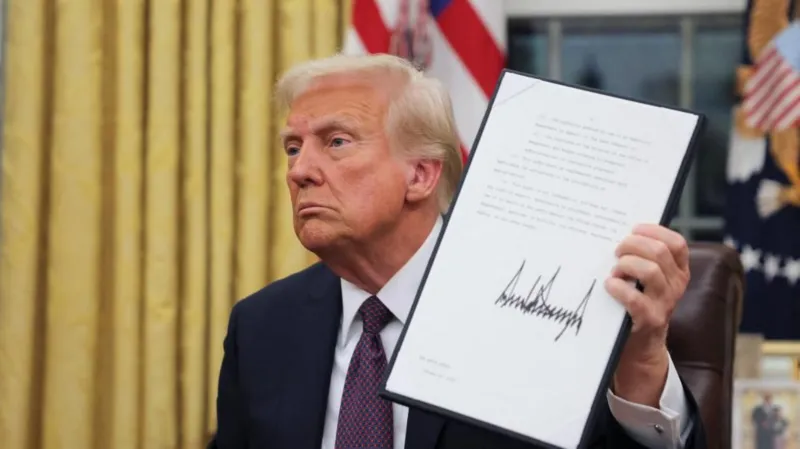A U.S.-based financial research firm, which previously accused India’s Adani Group of engaging in fraudulent activities, has announced its closure, sending shockwaves across the financial and corporate world. The firm, renowned for its controversial reports targeting high-profile corporations, cited an unsustainable business model and escalating legal battles as reasons for its shutdown. This development has sparked widespread debate regarding the credibility of corporate watchdogs and the impact of such allegations on global markets.
The firm gained international attention earlier when it published a damning report accusing the Adani Group—a conglomerate helmed by billionaire Gautam Adani—of inflating valuations, stock price manipulation, and engaging in unethical practices. The report led to a sharp decline in Adani Group’s market value, wiping out billions in investor wealth and raising concerns about corporate governance practices in emerging markets like India.
Adani Group vehemently denied the allegations, branding them as baseless and malicious. The conglomerate launched a vigorous defense, filing lawsuits and releasing detailed rebuttals to counter the claims. Despite Adani’s efforts to restore investor confidence, the report’s impact lingered, with global and domestic scrutiny intensifying around its operations and financial practices.
In its statement announcing the closure, the U.S. firm admitted that it could no longer sustain its operations amid mounting legal pressures and financial constraints. Critics of the firm argue that its reliance on short-selling—profiting from declining stock prices after publishing critical reports—was both controversial and unsustainable. They allege that such a business model often blurs the line between objective financial research and strategic profit-making.
On the other hand, supporters of the now-defunct firm emphasize the need for independent watchdogs in a world where corporate malpractices can go unchecked. They argue that such organizations play a crucial role in holding powerful corporations accountable, often risking their own existence in the process.
The Adani controversy underscores the delicate balance between corporate accountability and the need to protect businesses from unfounded or exaggerated claims. It also raises questions about the mechanisms in place to scrutinize allegations while ensuring that entities acting as whistleblowers are not silenced under legal or financial duress.
As the dust settles on this episode, industry experts call for greater transparency, robust regulatory frameworks, and the establishment of unbiased platforms to address corporate misconduct. The closure of the U.S. firm serves as a cautionary tale, highlighting the challenges faced by those seeking to expose wrongdoing in an increasingly complex and litigious corporate world.
The Adani Group, meanwhile, has gradually regained investor confidence, with its stock performance showing signs of recovery. However, the incident remains a pivotal chapter in the ongoing debate over the accountability of powerful conglomerates and the role of independent watchdogs in shaping global financial integrity.

 Fashion4 months ago
Fashion4 months ago
 Sports5 months ago
Sports5 months ago
 Fashion4 months ago
Fashion4 months ago
 Learning3 months ago
Learning3 months ago
 News3 months ago
News3 months ago
 News4 months ago
News4 months ago
 Technology5 months ago
Technology5 months ago
 Hot News2 months ago
Hot News2 months ago









